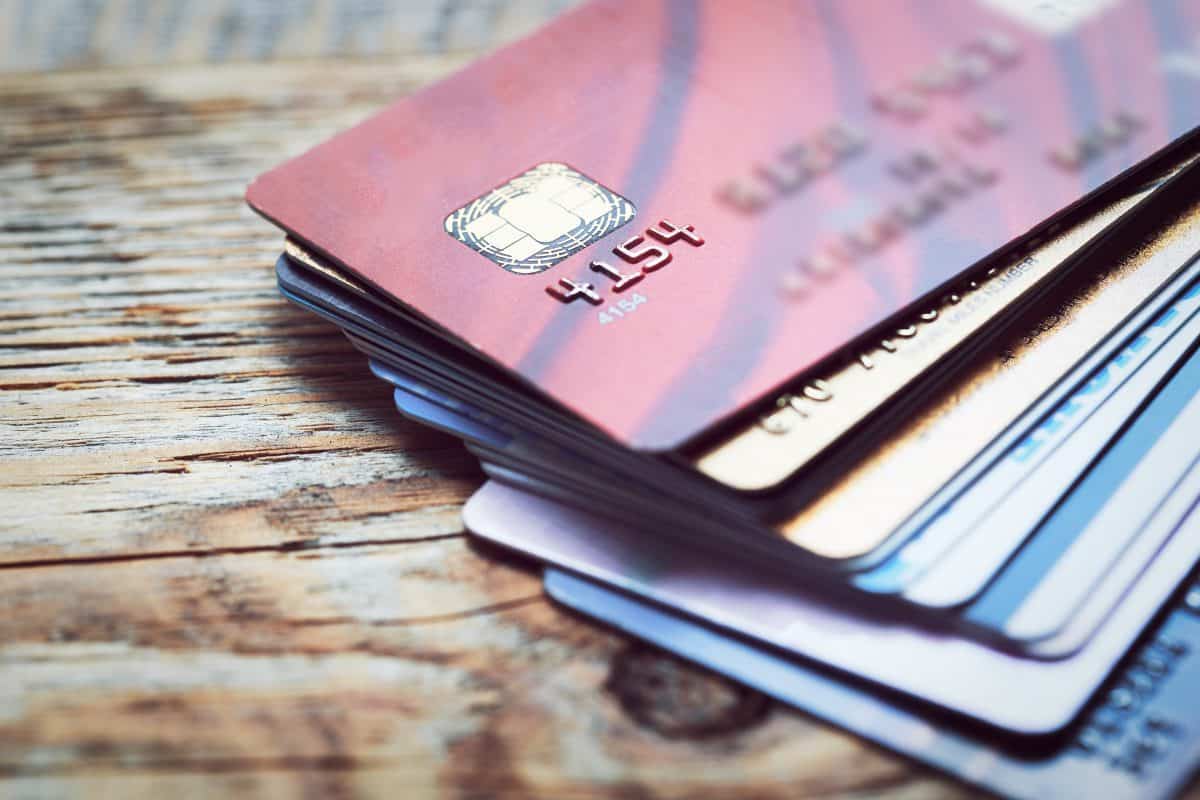Tips for Reducing (and Preventing) Credit Card Debt

Credit cards may make it easier to buy clothes, keep the fridge stocked with food, or help pay for vacation expenses. However, there will come a time when you will have to repay what you have borrowed. Therefore, it is important to know your options when it comes to keeping your credit card debt problems in check.
Learning to control credit card debt is one of the most important skills that any person can have. With many people in their 20s and 30s also dealing with student loan and possible mortgage debt, it may not be fiscally practical or responsible to also carry a high level of credit card debt. However, by making more than the minimum payment, looking into balance transfers and taking advantage of card perks, it may be easier than you think to manage your credit card balances.
Pay Your Bill in Full Each Month
The easiest way to prevent credit card debt from getting out of hand is to pay the balance due in full each month. When you pay your entire balance by the end of a billing cycle, you are not required to pay interest on the amount that you have charged. This ensures that the $10 you spent on pizza or the $50 that you spent on a new pair of shoes doesn’t balloon to hundreds of dollars or more after interest is applied over the course of several months or years.
Paying your balance in full each month may also have positive implications for your credit score. This is because you aren’t using more than 30% of your available credit, which is one of the top factors in determining your score. It also shows lenders that you can manage debt and are a good risk to offer future loans to.
This may come in handy when you’re ready to apply for a mortgage. Any debts you can’t repay within the next 10 months are generally counted toward your debt-to-income ratio. Refraining from keeping a balance each month will lower that number, which will make it easier to qualify for more money and at better terms.
Take Advantage of Perks to Keep Credit Card Bills Down
In some cases, the perks available with your card can help you keep your credit card debt problems in check. For example, if you get cash back, you are essentially getting free money to pay down your balance. Most cash back cards give you one to two percent back on all purchases with as much as five percent on certain purchases each quarter. If you were to spend $1,000 a month on items that qualified for five percent cash back, you would only have to pay $950.
Some cards will provide you with free airline miles or allow you to use your points to pay for hotel rooms or other travel expenses. While this doesn’t directly help with your credit card debt problems, it does allow you to pay for your next vacation or business trip without having to charge it.
Don’t Be Afraid to Transfer Balances When Appropriate
The average credit card interest rate is somewhere between 12 and 18 percent depending on what data you use. However, many credit card companies allow you to transfer your balance to their card with no interest for the first 12, 15 or 18 months. In some cases, you can even get no interest on a new card for up to 21 months.
Going from 15 percent interest on your current balance to zero percent can save you hundreds of dollars in interest charges. Even if you only make minimum payments, it still helps you get out of debt much faster. Assuming that you have made all of your payments on time, it may be possible to transfer your balances multiple times depending on how much time you need to pay off your debt.
Look at the Minimum Payment Warning on Your Credit Card Statement
Credit card companies are required to tell you how much it will cost if you were to make just the minimum payment each month. They are also required to tell you how much your monthly payment would be if you wanted to pay the debt off within three years. Depending on your balance, paying an extra $10 a month could help you pay your debt off in full within 36 months, even when interest is applied.
In many cases, paying just a few extra dollars a month more than the minimum can save tens of thousands of dollars and shave 10 to 15 years off your repayment timetable. Finding those extra dollars may be as easy as skipping a dinner out with friends once a month or choosing to drink water instead of splurging on drinks from the vending machine at work.
Let Your Credit Cards Expire to Avoid Using Them
It may not be in your best interest to cancel an old credit card even if you don’t use it anymore. This negatively impacts your credit score because credit age is one of the factors used to calculate it. Once you cancel an account, it is like it never existed in the first place. If you need to cancel an account, cancel your newest one instead as it could actually help your credit score.
To prevent yourself from using a credit card, you can simply let the card expire and decline to activate the new one that is sent to you. The expiration date is listed on the front of the card under the credit card number. Another option to prevent more debt problems may be to cut up any card that you are worried about using.
Klaus Nymand is an entrepreneur and a Viking from Denmark, who loves to build new businesses and help other people to succeed with their business. Going to concerts is one of his favorite activities during the weekend. Follow him on Twitter: @KlausNymand
Last modified on December 6th, 2018






Show Comments +